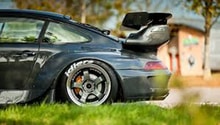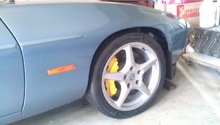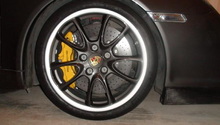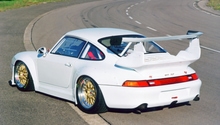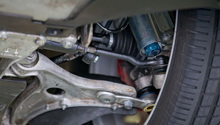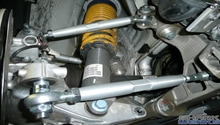Porsche: Why are My Wheels Squeaking?
The reason why your wheels are squeaking on the Porsche can be due to a number of issues, all of which can be pinpointed to the car's suspension system. To fix this issue as efficiently as possible, follow these steps.
This article applies to the Porsche 928, Porsche 993, and Porsche 997 (1979-2012).
If you hear squeaking coming out of your Porsche's wheels, you're most likely facing a suspension issue. Even though it's not an emergency, you should always treat strange sounds as such. This article walks through some of potential causes for such sounds, and what you can do to diagnose and fix it.

Materials Needed
- Jack
- Jack stands
- Tire iron
- Socket set
Step 1 – Determine if the squeak happens when you drive over a bump
If this is the case, it means that the shocks are likely worn out. Worn shocks can affect ride quality, but if they’ve been worn for a while, then the drop in quality will be hard to notice.
Test the shocks to see if they’re worn by going to the corner of the car and pushing it down; the car shouldn’t keep bouncing. If it does, the shocks are worn and need to be replaced.
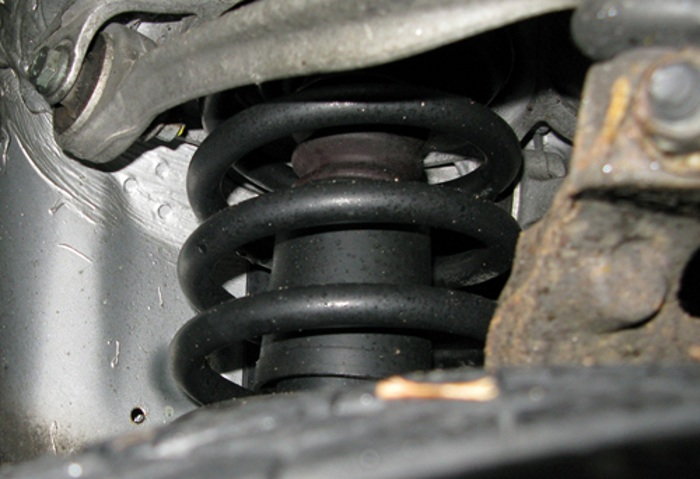
Step 2 – Do the wheels squeak when the car turns?
If you find yourself in this scenario, it means the wheel bearings have likely gone bad. When the bearing begins to wear, the loading of the weight on it will cause it to squeak.
To determine if the wheel bearings in your Porsche are on their way out, jack up the wheel you believe is squeaking, hold the tire at the 10 and 2 position, then wiggle it. If there’s any “play” in the wheel, it means the wheel bearing is bad. This is a fairly technical replacement, and so you may want a specialist to handle it.
Related Articles
- Porsche 928: How to Jack Up Your Porsche - Rennlist.com
- Porsche 993: How to Jack Up Your Porsche - Rennlist.com
- Porsche 997: How to Jack Up Your Porsche - Rennlist.com
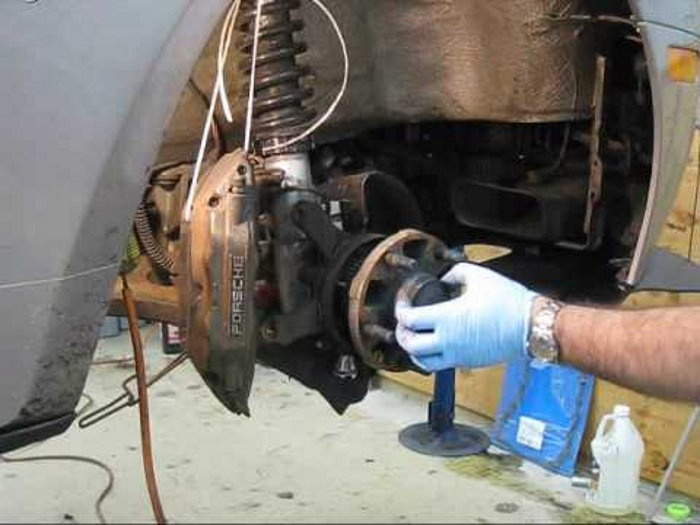
Step 3 – Does the sound of the squeak change when you brake your car?
This is a fairly simple thing to diagnose. If the sound changes as your brake, it means the car has a brake pad that is dragging. Check to see if a pad is dragging by removing the wheel and looking for wear lines on the brake pad and rotor. Depending on your level of expertise, you can try and change the brake pad yourself.
Pro Tip
If you do opt to go this route, make sure you update the other pads on your car, so they’re all equal with one another.
Related Articles
- Porsche 928: How to Replace Brake Pads, Calipers, and Rotors - Rennlist.com
- Porsche 993: How to Replace Brake Pads, Calipers, and Rotors - Rennlist.com
- Porsche 997: How to Replace Brake Pads, Calipers, and Rotors - Rennlist.com
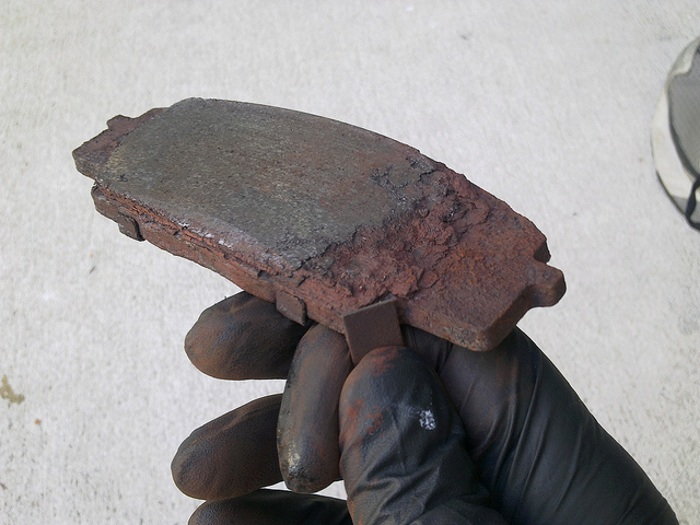
Step 4 – Is your Porsche squeaking in cold weather?
If your Porsche squeaks in cold weather, it’s probably a bushing issue. Cold temperatures cause bushings to dry up, which can cause them to squeak. Test the bushings out by greasing the ones that have zerk fittings and using WD-40 on the ones that don’t. Take your time and go through each bushing one by one so you can determine if any of them need to be replaced.
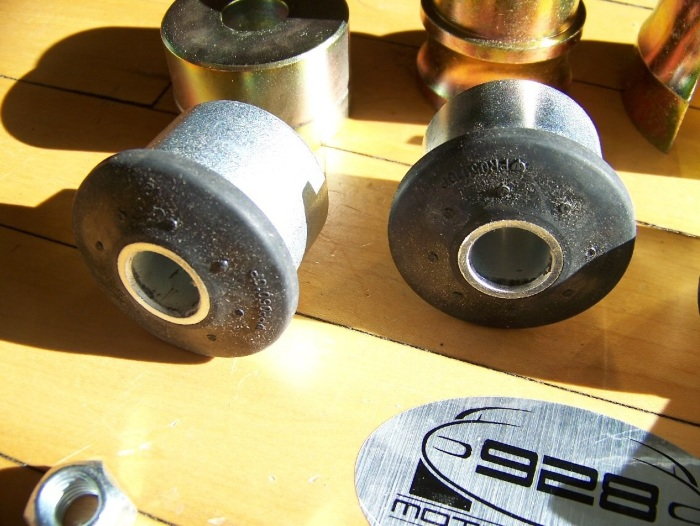
Related Discussions
- Squeak from Wheels at Low Speed - Rennlist.com
- Squeak from Passenger Side Wheel - Rennlist.com
- Front Wheel Squeaking - Rennlist.com

